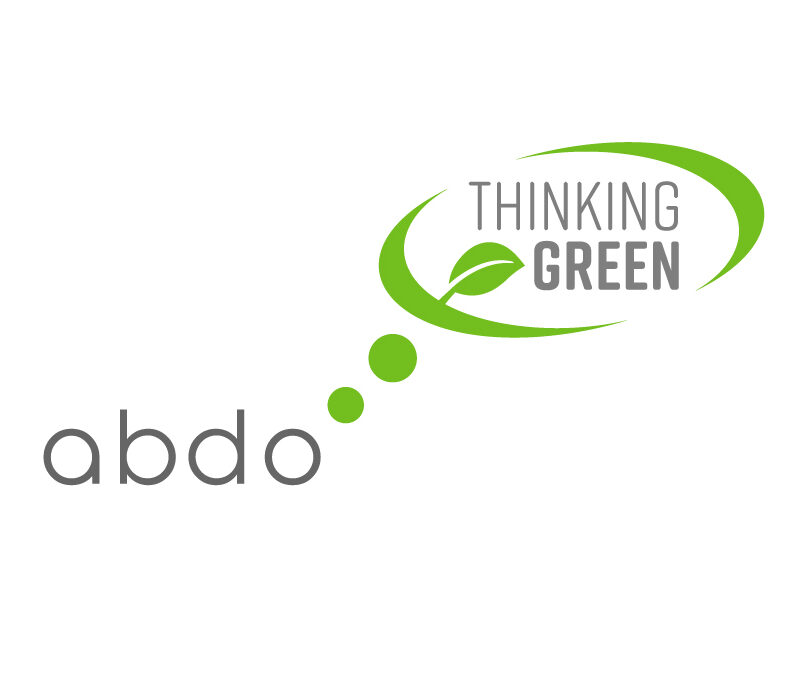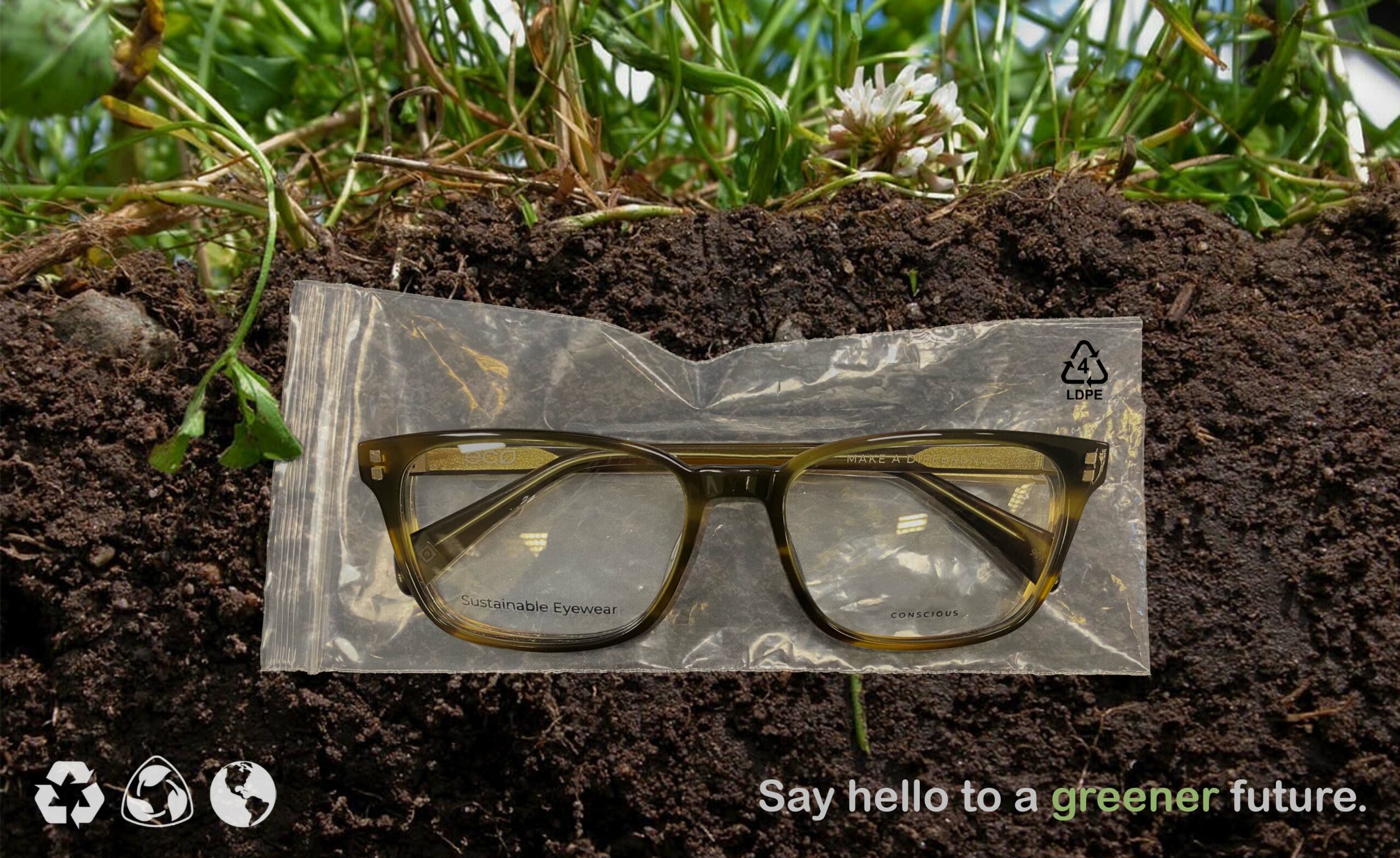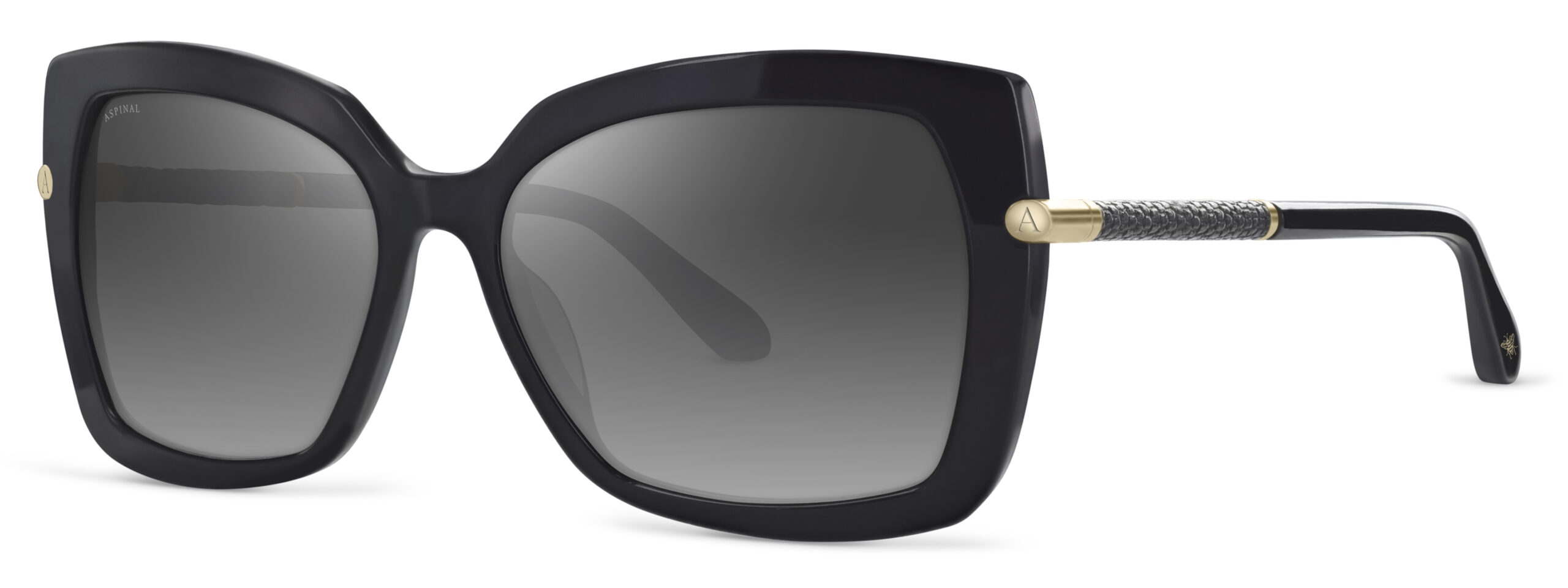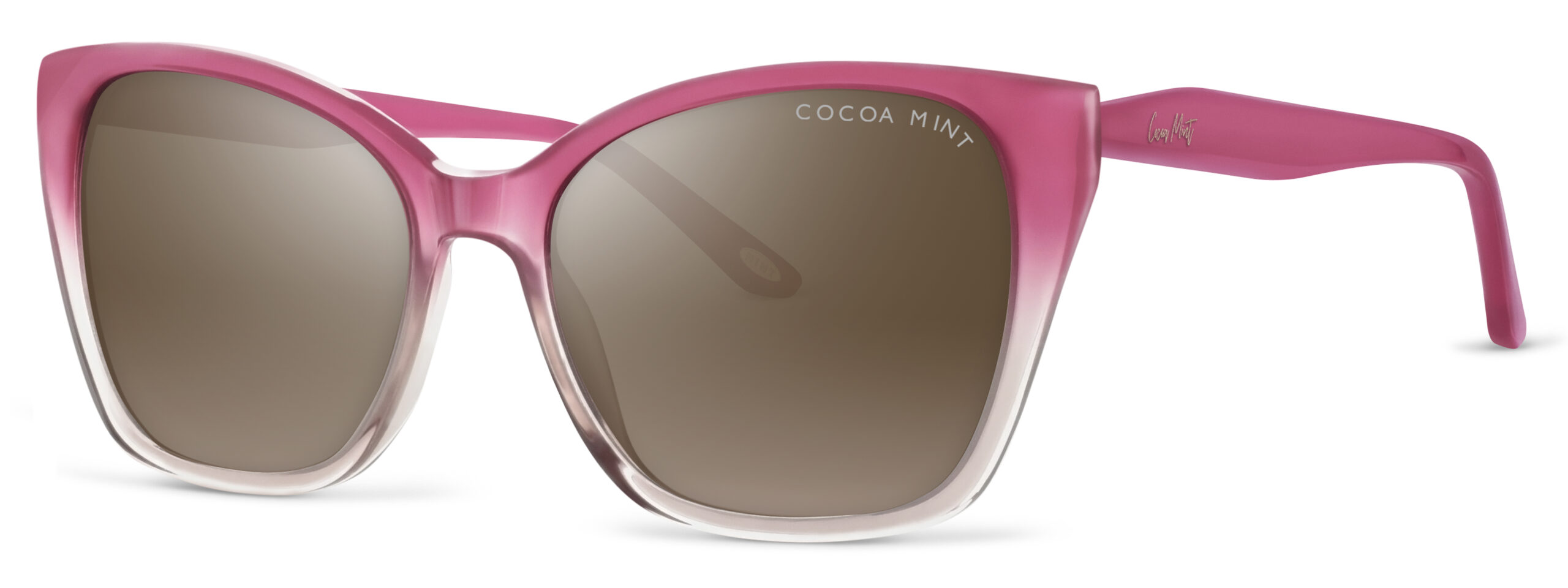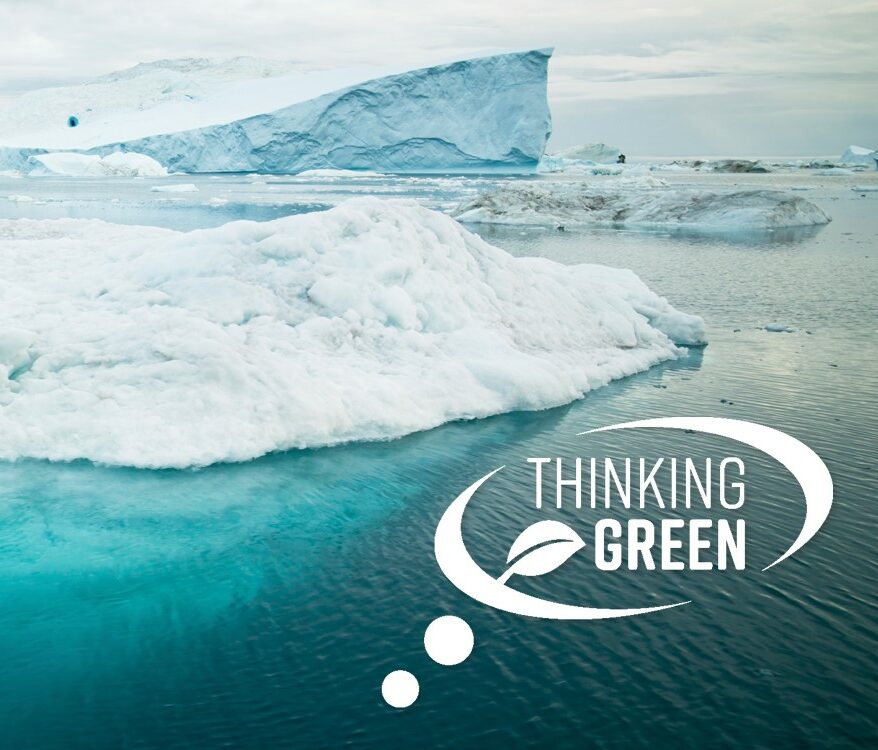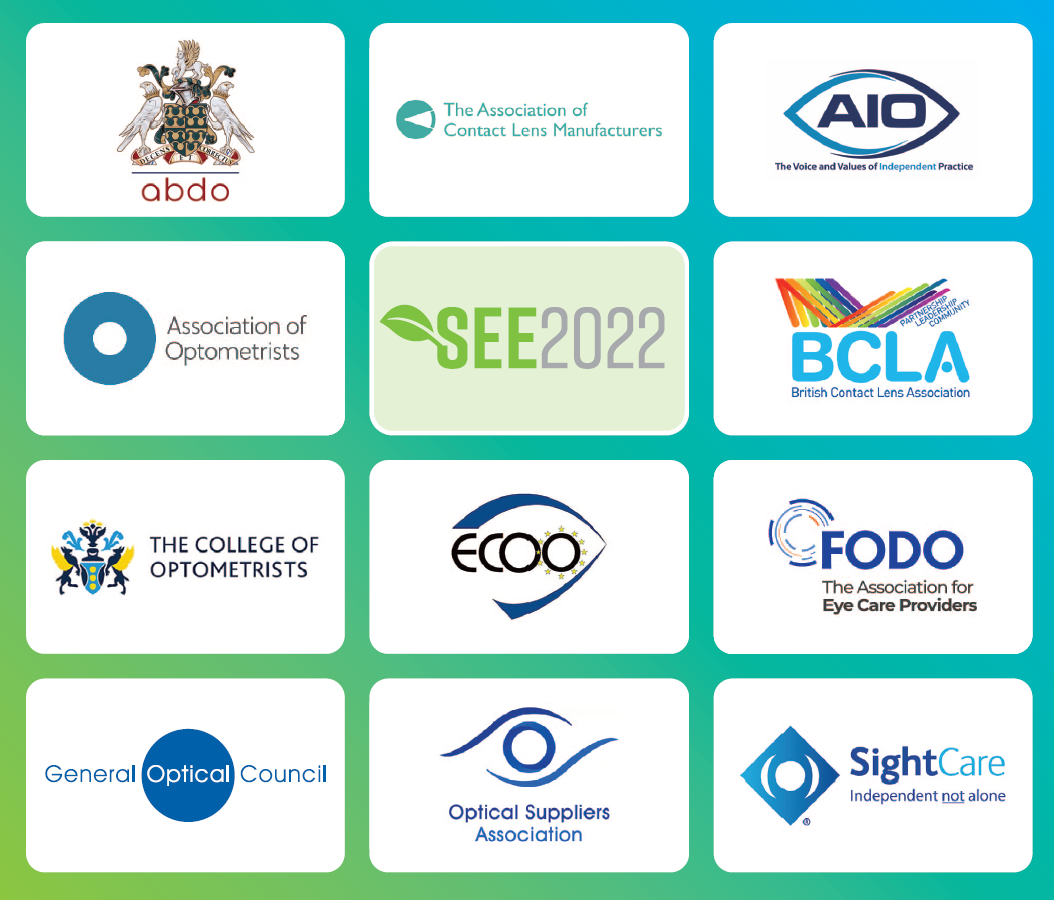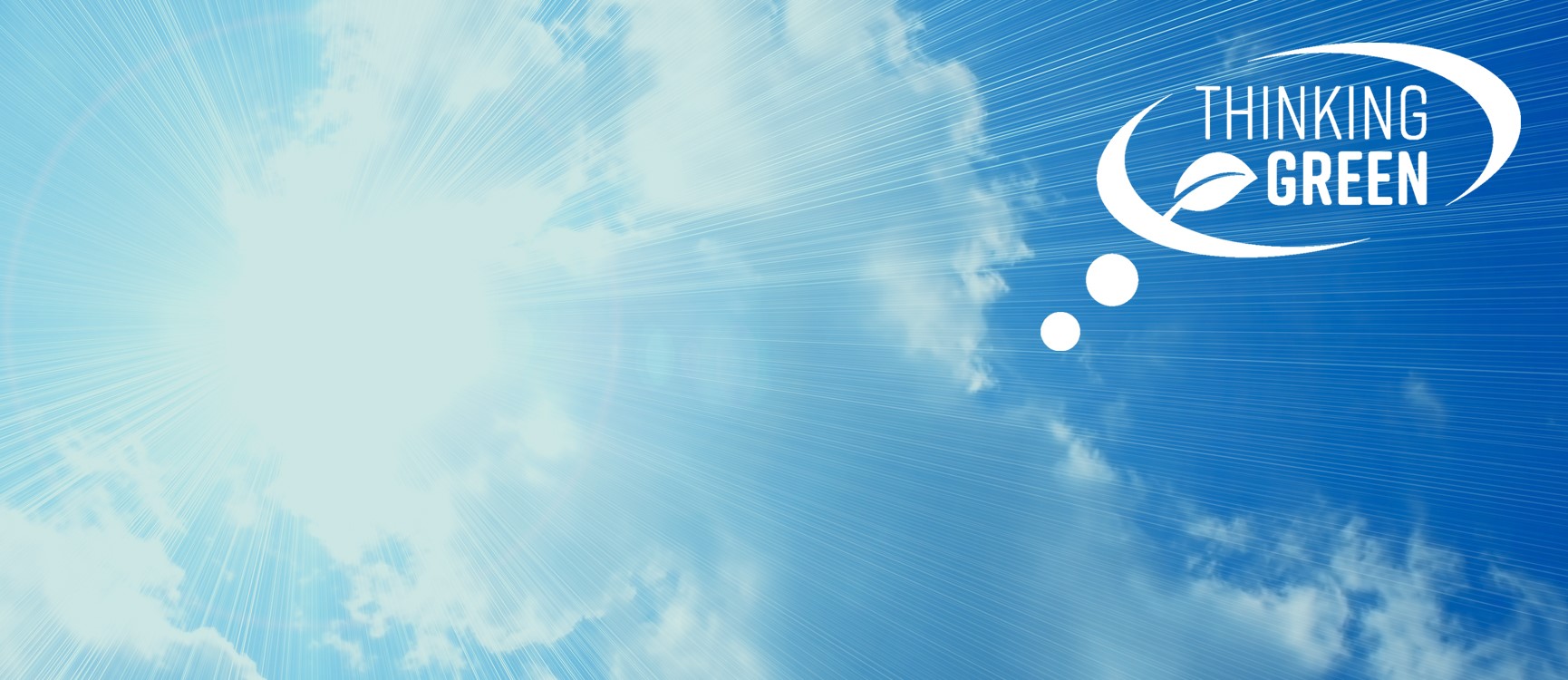
Eyespace embraces biodegradability
Eyespace embrace biodegradability
Eyespace has made significant moves in recent years to increase the proportion of biodegradable plastics it uses. In this article, product director and chief sustainability officer Emily Andrews takes us through the details of a move that isn’t always straightforward.
Eyespace has transitioned to 100% biodegradable frame bags for all collections since 2020. Emily says, “We use a low-density polyethylene with a biodegradable additive which will only begin to biodegrade when embedded into landfill, breaking down to biomass, water and natural gases in the high-solids anaerobic digestion biodegradation process. It will biodegrade in under 5 years.” This type of plastic is different to compostable plastics which might be used to deliver magazines and only needs to last for a shorter period. A plastic that will only start biodegrading in landfill is of benefit when optical practices may use the bags over a longer time. Eyespace’s bags are tested to ISO 15985:2014.
Any manufacturer considering their use of plastic also needs to take into account the new Plastic Tax which forms part of the Finance Act 2021 and came into effect in April 2022. If you have manufactured or imported 10 or more tonnes of plastic packaging since 1 April 2022, you may need to register for the tax, which aims to encourage the use of recycled rather than new plastic. In summary, any company that imports plastic packaging in excess of 10 tonnes is liable for the tax if the plastic does not have a minimum of 30 per cent recycled content. This tax has been taken into account by Eyespace when moving to more biodegradable products. Emily says, “As we do not meet this threshold, we have decided that we would prefer to continue to use our 100% biodegradable frame bags. We feel that these have a lower environmental impact and help combat the problem of ocean and landfill waste.” Emily adds, “We had the option of bags made with recycled plastic but we felt biodegradable would be better as the recycled bags, according to the new legislation, could potentially still use 70 per cent new plastic with just 30 per cent recycled material.” This change has required investment from Eyespace, with biodegradable bags costing approximately 3.5 times more than a standard polybag.
All Eyespace sustainable models, including those in Aspinal, Land Rover, Cocoa Mint, Basebox, Rock Star, Louis Marcel and Eco-Conscious Collection, come with biodegradable demo lenses. Emily explains, “These are made from biodegradable AC polymers, tested to ISO 15985:2014, and will break down in landfill into non-toxic substances in around 5 years. They can be disposed of with normal waste. Our supply base has advised that the cost is approximately 3 times more than a standard demo lens.”
Now is a great time for every dispensing optician to learn more about biodegradable plastics used in sustainable eyewear. Emily says, “Bio-based biodegradable acetate is currently used in our Eco-Conscious Collection and is from a completely renewable source. Setting it apart from regular acetate, it is formulated with natural, non-toxic plasticisers. The raw material is cotton, more specifically the white ‘bolls’ of cotton plants. The acetate we have chosen to use is completely biodegradable and tested to BS EN ISO 14855-1:2012. It is designed to biodegrade in landfill or composting conditions. This particular acetate is biodegradable in around 2 years, but only in landfill conditions which is an accelerated environment for biodegradability.” Emily continues, “In our Aspinal collection, we use a biodegradable bio-acetate made from wood pulp sourced from FSC certified forests. We also use biodegradable bio-acetate in our Cocoa Mint (optical and sun), Land Rover sun and Louis Marcel collections. We will shortly be launching Mazzucchelli M49 into our Range Rover collection. We also use biodegradable acetate for smaller components such as tips on some of our Land Rover optical frames.”
Beyond frames, Eyespace is transitioning to cases made from recycled plastic for the sustainable collections. Emily says, “While this is not biodegradable, it is made from rPET, created by recycling plastic like bottles, using up to 75 per cent less energy than virgin plastic.” Some cases may be a metal body with RPET coating. Emily adds, “We are transitioning to eco materials for cases when we can and supplying practices with flat pack cases which are more environmentally friendly to ship whenever possible.”
While sustainable ranges have traditionally been premium products, Eyespace is looking to the future too. Emily says, “We have just gone into production with our first sustainable budget range which will be integrated in our Zips collection and available in September”
